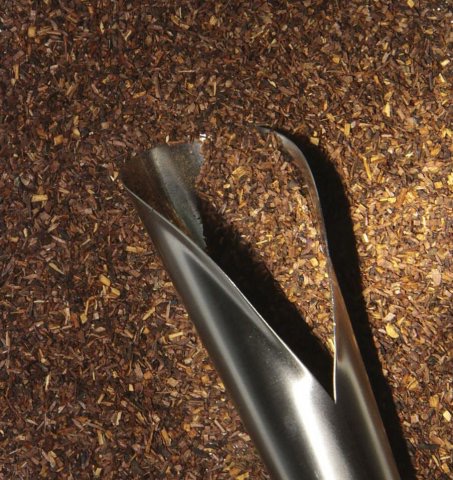Exciting new research published in the journal Phytomedicine found that honeybush tea (both fermented and non-fermented varieties) inhibits fat accumulation in cellular and animal models of obesity. In other words, it prevents the body from storing more fat and may even help breakdown existing fat.
The researchers studied two different varieties of honeybush tea: tea made from Cyclopia maculate and Cyclopia subternata as well as fermented and non-fermented types. Neither the species nor fermentation type had an effect on fat accumulation. All types of honeybush tea tested prevented fat accumulation.
Researchers attribute the results to the plants’ naturally-high amounts of substances called polyphenols, which have inhibited fat storage in animals in other studies. They authors of the study concluded that both species of honeybush tea have “potential as anti-obesity agents.”
The flowers, leaves, and stems of the honeybush plant have been used for centuries to treat various health conditions. It is a sister of the more popular rooibos tea, both of which are indigenous to South Africa. Honeybush has a honey-like taste and is naturally caffeine-free. It is delicious hot or cold as an iced tea.
According to additional research by the Department of Chemistry at the University of the Orange Free State, honeybush tea also contains other therapeutic substances, including: pinitol, which is an effective expectorant and has shown anti-diabetic activity; isoflavones, which help regulate menstrual cycles and have been found to be helpful in the prevention of various cancers; flavones, which are natural anti-inflammatories and have anti-viral properties; and xanthones, which are also anti-inflammatory.

